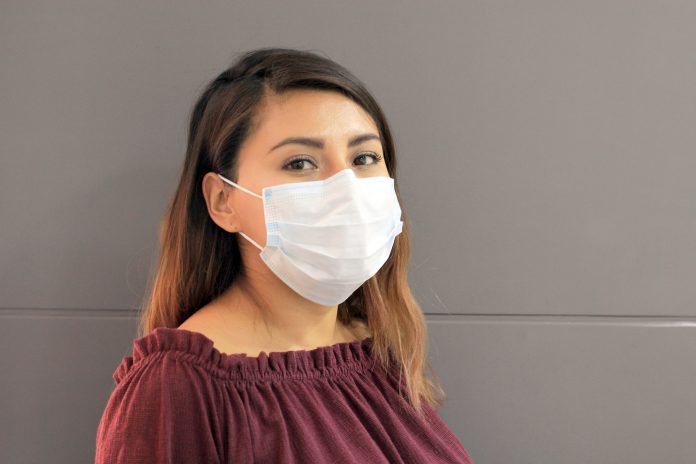Clare Vale, managing director of Sign Solutions, discusses the impact face coverings have on Deaf university students and explores how communication can be improved
Following the start of the new term last month, the list of universities with coronavirus outbreaks is mounting. Whilst the government is not recommending face coverings are necessary in education settings because, generally, a system of controls provides additional mitigating measures, universities have the discretion to require face coverings in indoor communal areas where social distancing cannot be safely managed.
Although necessary for public health and safety, the requirement to wear face coverings in some universities presents numerous challenges for Deaf students, many of whom rely on lip-reading, facial expressions and other visual cues to communicate. When the mouth is hidden behind a face covering, communication between Deaf students and hearing students and university staff can become extremely difficult.
Worryingly, there have even been reports of Deaf people being abused, for example for not moving aside quickly, because they could not hear or see someone talking to them from behind a face covering. Therefore, it is crucial that universities can cater for the individual needs of Deaf students and are mindful of different strategies for communicating with them.
Improving communication for Deaf students whilst following safety guidelines
Universities cannot take a ‘one size fits all’ approach when enforcing coronavirus safety guidelines on campus. It is vital that they encourage students and staff to use transparent face masks wherever possible so that students who rely on lipreading can continue to access lip patterns and see facial expressions.
Transparent face shields are an even better option, as they enable the whole of the face to be seen. They are also beneficial for the wider population, as being able to see each other’s’ facial expressions is important for communication and social interactions in general. Furthermore, lipreading helps people understand others’ speech in noisy environments and helps communication where one or both speakers may not be using their first language.
BSL interpreters
That said, adaptations to face coverings are not a solution for everyone, especially Deaf students who communicate using British Sign Language [BSL] interpreters in their daily life.
It is important that BSL signers can continue to access highly qualified and experienced BSL/English interpreters at university, whilst maintaining social distancing rules or via video conferencing platforms.
Seeking the support of an on-demand BSL interpretation company can help universities improve access for Deaf students in a multitude of ways. Despite the coronavirus pandemic, university education should be an exciting and rewarding experience for all students, including those who are Deaf or hard of hearing. If universities take all students’ unique requirements into account and ensure their communication needs are met whilst not compromising on safety, there is no reason they shouldn’t thrive at university, hearing or not.











